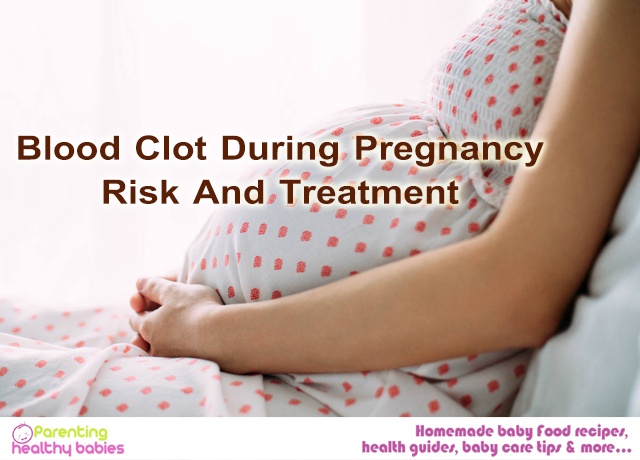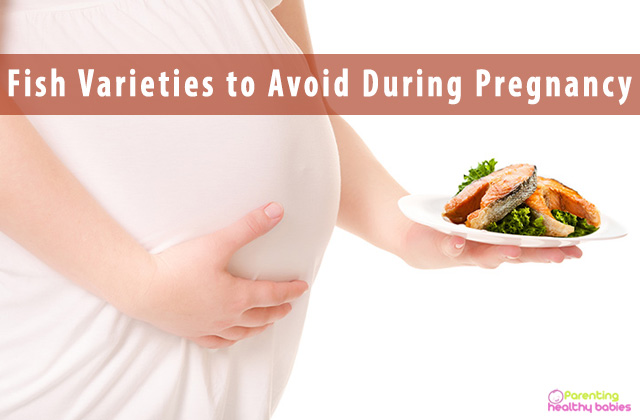Blood clots during pregnancy can be scary. If you are passing clots and know not what to do, you are on the right page. Today we give you the information you need regarding this condition and how it can be treated too.
Pregnancy is no doubt a memorable time in the life of a woman, but it can come with its own set of problems as well. While some women have smooth pregnancy; some have complications. Blood clots can become a serious issue when one is pregnant. It should be treated at the earliest so that complications can be averted.
Read More: Blood Clot During Pregnancy: Signs, Causes, Treatment, Prevention
What is actually a blood clot?
When the platelets in the blood clump together and form a kind of solid mesh at any injury site, it is known as clotting. Without clotting, bleeding from the site of the injury will not be reduced. Blood clotting is natural to all human beings; otherwise one would bleed to death from minor cuts and bruises. However, during pregnancy, the picture is slightly different. During pregnancy, the levels of estrogen in the female body increases significantly. And this is clear indication of the fact that blood clots are more common during this time. The blood clot itself might not be the matter of concern, but the place where the clot takes place is important. Along with clot location, the symptoms of the blood clot might be quite a reason for worry.
Read More: Home Remedies for Bleeding during Pregnancy
Signs and Symptoms of Blood Clot in Pregnant Women
In pregnant women, deep vein thrombosis (DVT) can be an issue. Usually in this condition, blood clots are formed in the pelvic region or in the legs of the woman. Though individually this will not cause any harm to the woman, but it might have connections with other more serious health issues. Women who suffer from DVT during pregnancy will find that one leg will be more swollen than the other. There might be other symptoms too, which are associated with deep vein thrombosis. For instance, there might be pain behind the knee of the leg with the problem. In fact the leg will also be warm to touch. Generally due to deprivation of oxygen to the area, there might be subtle pain. Usually an ultrasound scan can be used for determining a blood clot in a pregnant woman.
How does a pregnant woman get a blood clot?
Chances of getting blood clots are high in pregnant women. This is mainly because of the fact that during pregnancy, there is a natural surge in the estrogen levels in the body. However, the risks are higher in women who are advised bed rest for some reason. Also, women who have to undertake a long car trip or long flight during pregnancy might face this problem. Obese women as well as women who have a genetic tendency of developing clots might end up with this problem during their pregnancy period. The risks of developing blood clots increase.
Can the blood clot affect the child growing inside the mother?
Blood clots can become quite risky and dangerous at times. There is high risk in the factor that the blood clot can break off from the location where it was initially formed. The danger is when this clot travels to the lungs, leading to pulmonary embolism, which becomes a potentially fatal condition. This is dangerous for the mother. Blood clots can become grave for the baby too. If the blood clot is formed inside the placenta, blood flow to the fetus might be cut off and lead to a mishap.
Preventing blood clots during pregnancy – certain tips which can help
There are certain ways in which blood clots can be prevented during pregnancy. Some of them are as follows:
- Knowledge about family history is important if anyone suffered from problems of blood clot or not.
- One must be well aware of the risk factors associated with blood clots.
- It is recommended to remain active during pregnancy. However, this should only be done with the approval of the doctor.
- The doctor must know if you have a history of blood clots or if blood clotting disorders prevail in the family.
Treatment of blood clots in pregnant women
During pregnancy all kinds of medicines cannot be given. However, in case of blood clots, the patient might be given an anticoagulant. These medicines prevent blood from clotting. There are special anticoagulants for pregnant women, which are safe. Many women are recommended to take warm compresses. This is helpful if the clot is near the skin’s surface.













